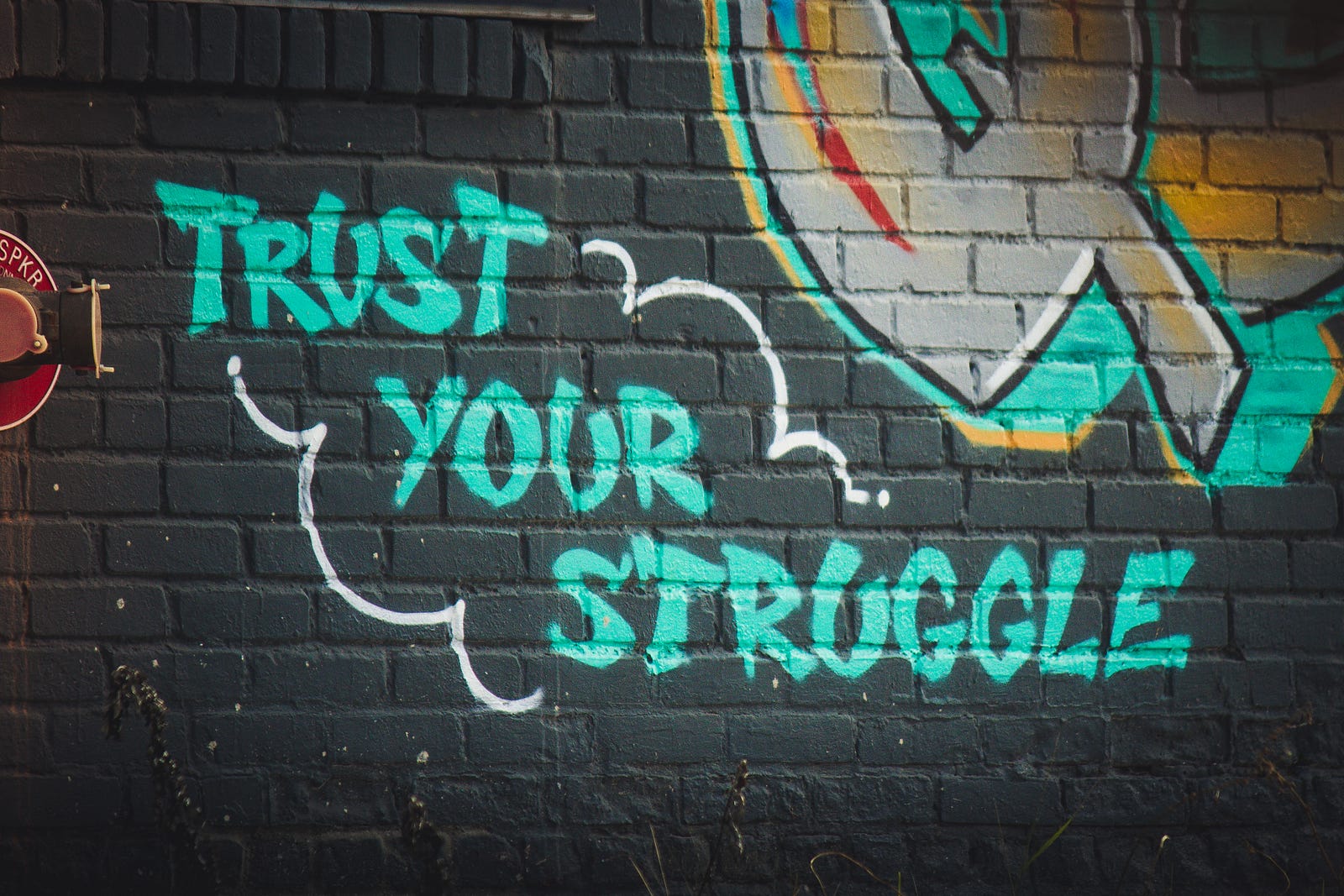 |
| Photo by Nagara Oyodo on Unsplash |
Thank you for coming here!
Living paycheck to paycheck can be a tough reality for many people, with little to no savings to fall back on in case of emergencies.
While being broke may seem like a temporary inconvenience, it can actually have long-term financial consequences.
Let's explore the hidden costs of being broke and tips on how to avoid financial struggles.
 |
| Photo by Kevin Bosc on Unsplash |
Here are some hidden costs of being broke:
1 — High-interest debt
One of the biggest hidden costs of being broke is high-interest debt.
When you have no savings and need to cover unexpected expenses, you may turn to credit cards or payday loans. These options come with high-interest rates, which can make it difficult to pay off the debt. The longer you carry the debt, the more interest you will pay, which can quickly spiral out of control.
Not to mention the loan sharks.
2 — Missed opportunities
When you are living paycheck to paycheck, you may miss out on opportunities that could help you improve your financial situation.
For example, you may not be able to take advantage of a job opportunity that requires you to move, or you may not have the money to invest in a business idea.
By not taking advantage of these opportunities, you may be limiting your earning potential and hindering your financial growth.
3 — Health problems
Being broke can also have a negative impact on your health.
When you are living in poverty, you may not have access to healthy food options, which can lead to poor nutrition and health problems.
Additionally, stress and anxiety caused by financial struggles can take a toll on your mental health, which can lead to a range of physical health problems.
4 — Reduced quality of life
Living in poverty can also lead to a reduced quality of life.
When you are constantly worried about money, it can be difficult to enjoy the simple things in life. You may have to skip social outings or family events because you can’t afford to attend. Over time, this can lead to feelings of isolation and loneliness.
 |
| Photo by DJ Johnson on Unsplash |
So how to Avoid Financial Struggles?
1 — Build an emergency fund
One of the best ways to avoid financial struggles is to build an emergency fund. This fund should cover three to six months of living expenses and should be used to cover unexpected expenses, such as medical bills.
By having an emergency fund, you can avoid turning to high-interest debt when you need to cover unexpected expenses.
2 — Create a budget
Creating a budget is an essential step in managing your finances. A budget will help you track your income and expenses and will help you identify areas where you can cut back on spending.
By living within your means, you can avoid overspending and accumulating debt.
3 — Increase your income
If you are living paycheck to paycheck, it may be time to look for ways to increase your income. This could include taking on a side hustle, asking for a raise at work, or looking for a higher-paying job.
By increasing your income, you can build your savings and improve your financial situation.
4 — Seek professional help
If you are struggling with debt or financial management, it may be helpful to seek professional help. A financial advisor or credit counselor can provide guidance on how to manage your finances and develop a plan to pay off debt.
 |
| Photo by Alexander Grey on Unsplash |
In conclusion, being broke can have hidden costs that can have long-term financial consequences.
By building an emergency fund, creating a budget, increasing your income, and seeking professional help, you can avoid financial struggles and improve your financial situation.
Till next time!
No comments:
Post a Comment